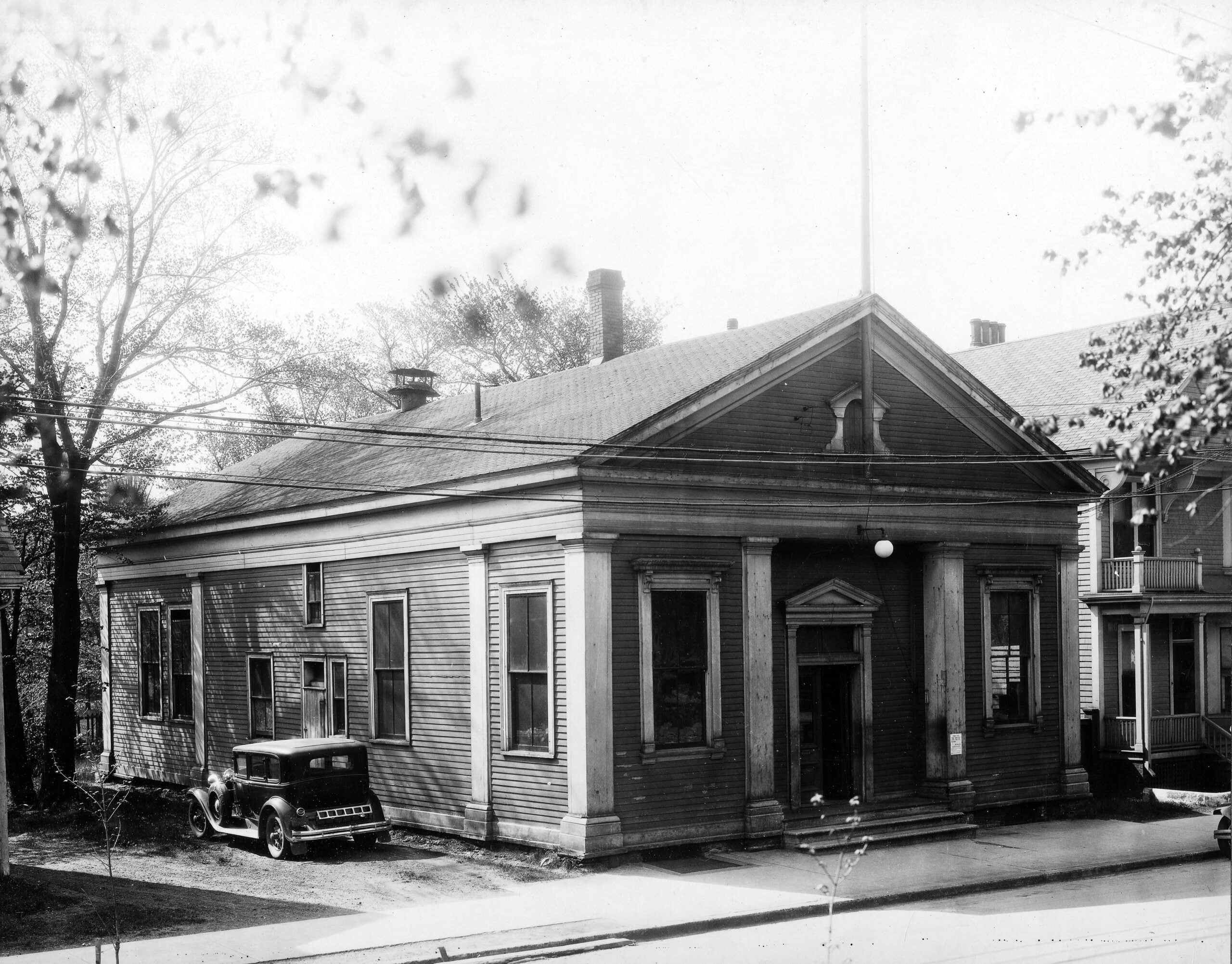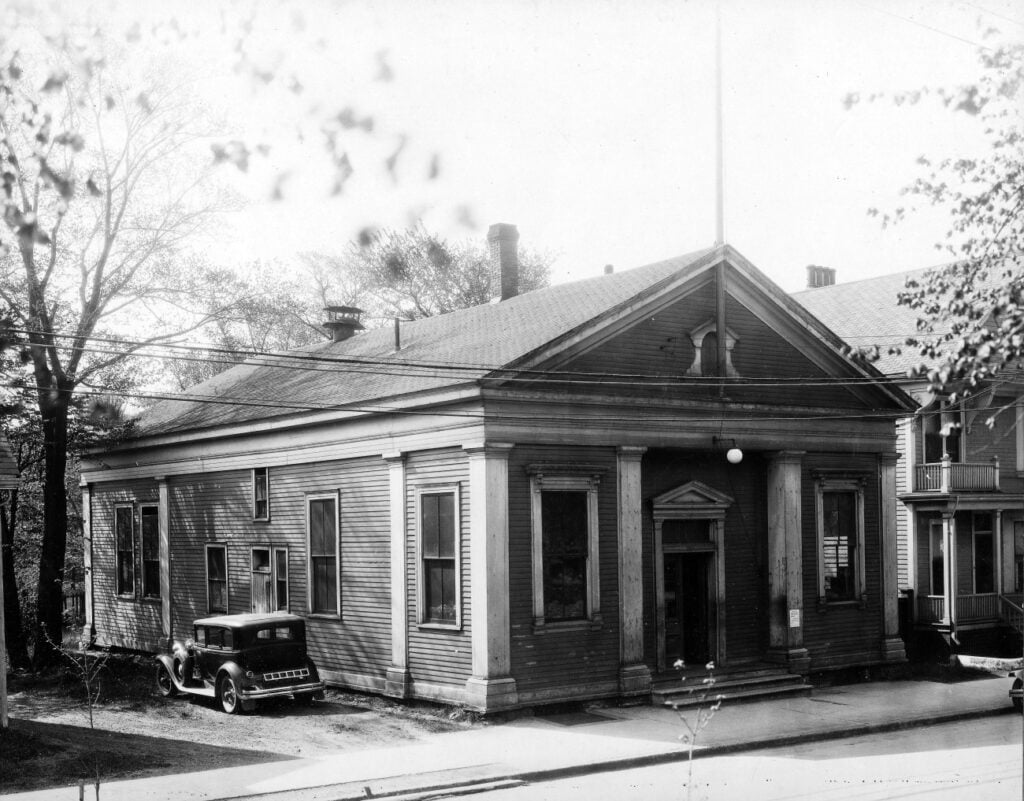These documents address English claims to Nova Scotia against French encroachment, detailing instances of French aggression. Thomas Temple petitions for time to gather evidence to counter French claims and emphasizes Nova Scotia’s strategic importance to England. Various legal opinions and petitions support English sovereignty over Nova Scotia, highlighting historical ownership and treaties. Additionally, there’s a petition regarding fraudulent actions by Thomas Breedon, who obtained a commission for the government of Nova Scotia, leading to his suspension.
The English response to the French Ambassador’s claim asserts Cromwell’s actions in taking forts and countries in Nova Scotia from Lord La Tour were not reprisals from the French but based on a grant from Scotland. It refutes French claims of violence committed by Temple and stresses that Nova Scotia has always belonged to Scotland or England. The document also highlights the commodities in Nova Scotia, its fertile land, and strategic significance in dividing America with Spain and uniting English plantations.
Sir Wadham Wyndham’s opinion supports the English title to Nova Scotia against French claims, citing treaties and desertion of forts by the French. Lastly, there’s a petition from Colonel Temple, the Governor of Nova Scotia, expressing concern over fraudulent actions by Breedon and requesting protection of his assets. The King’s warrant suspends Breedon from the office of Governor due to his actions prejudicing Temple’s possession of Nova Scotia.
“Answer to the Ambassador of France, or rather Mons. Le Bourne, his claim to Acadia and Nova Scotia.” The claims of England to Pentagoet, St. John’s, Port Royal, and La Have, as first possessed by the subjects of that King, and granted to Sir Wm. Alexander and La Tour. The hostile proceedings of Le Bourne in August last, in forcibly taking possession of La Have ; his barbarous usage of the English, turning them upon an island to live upon grass and wade in the water for lobsters to keep them alive, and imprisoning them at Rochelle. That Nova Scotia is of great importance to his Majesty, and as it borders upon New England it would be neither safe nor honourable to give it up, for that would enable the French to invade and infest New England at their pleasure. And since Le Bourne has surprised our plantation and fishing vessel, we may use the Ambassador’s words, and hope for that natural justice common to all nations (as he calls it) Spoliatus ante omnia restituatur. Signed by Tho. Breedon. Indorsed, “Received 19 Feb. 1661-2. read in Council 19 Feb. Mr. Thos. Eliot concerning Nova Scotia.” 2 pp. [Col. Papers, Vol. XVI., No. 15.]
Petition of Thomas Temple to the King and Privy Council. Has for divers years past remained in Nova Scotia, and arrived thence, but on Thursday last. Was utterly ignorant of what hath been pretended to Nova Scotia by the French Ambassador, or any other, and is not yet able to understand what their pretences are. Doubts not to prove, not only a sufficient title to the premises to be held under his Majesty, and that petitioner came lawfully to the acquisition and right thereof, with the expense of vast sums of money, but also that the conservation of Nova Scotia to his Majesty’s crown is of vast concernment. Prays to be allowed a competent time to look up all his evidences and instruct counsel, and for a copy of what the French or any other did offer. Indorsed, “Read in Council ye 26th Feb. 1661-2. To be heard 7th March next. Read in Council the 7th March 1661-2.” 1 p. [Col. Papers, Vol. XVI., No. 23.]
“Answer to the French Ambassador’s claim to the forts and countries in America (Nova Scotia), exhibited in the behalf of the Lord La Tour, Temple, and Crowne, Proprietors.” In 1654 Cromwell took said forts and countries from the Lord La Tour, not as reprisals from the French, but as holding under the Crown of Scotland, as by grant of 40 years date will appear ; nor are they any part of New France as his Excellency affirms, nor lieth near by 200 leagues, but said forts lye in New Scotland, and the sovereignty belongs as properly to his Majesty as Old Scotland doth ; nor were they ever in possession of the French, but when they got them from the English, except Port Royal, and that belonged to the Scotch originally. They never heard of any complaints in 1658 of violence committed by Temple in the house of one De La Have, neither is there any such man in the land, but there is a place so called, which Temple purchased from La Tour and where he built a house ; but one M. Leborny, two or three years since by force took it, so that the violence was on Leborny’s part, who by the King of France’s commission was not to meddle with the English. Neither do they know that any persons were ordained for regulating said differences, but in the league of 1656 there was such an article and a time fixed to perfect it, wherefore they conceive the country was taken as belonging to Scotland, for Cromwell restored it to La Tour. And La Tour is condemned in France as a traitor, for constant adhering to the English. In Richard Cromwell’s time the French offered to give up all claim to the country, so as they might enjoy from La Have northward to New France (or Canada). And the King of France by proclamation at Rochelle prohibited his subjects to come near them in New Scotland. As to losses, they conceive none have lost but La Tour, for he had arms, ammunition, and merchandise taken away, and the soldiers demolished Port Royal and burnt the chief house. Pray that his Majesty’s subjects may not be delivered to any foreign Prince or their country be taken from them ; that there may be a commission to examine witnesses, and La Tour and Temple sent for over, that they may in person make their just defence. There is not a person that holds any land there under the Great Seal of France, or ever did, but under Scotland. 1 p. [Col. Papers, Vol. XVI., No. 24.]
The title of the English to Nova Scotia, and the commodities it yields. Nova Scotia, or Acadia (as the French call it), was discovered by the English to the river Canada in the reign of Henry VII., and further discovered in 1585. “See Hakluyt’s 3rd Volume, and Purchas his Pilgrimage, 8th Book.” In 1627 and 1628 there happened a war with France, and Sir Lewis Kirke, John Kirke and partners, and Sir Wm. Alexander, surprised Port Royal, Fort Quebec, Cape Breton, and other places. On 24th April 1629, acts of hostility were to cease, and all taken to be restored, to the great damage of the Kirkes. On March 29, 1632, by an Article of Agreement, Acadia, Canada, Port Royal, Quebec, and Cape Breton were to be delivered to the French, and the French King to pay 4,436l. to Sir Lewis Kirke by Du Cape, but protected by the French King he could not be compelled to pay the same. The 11th May 1633, our Sovereign, in consideration of 50,000l. charges the Kirkes had been at in surprising Quebec, granted to Lewis Kirke the sole trade in the river, gulfs, lakes, and adjacent islands and continent, for 31 years. In Feb. 1633-4, Kirke sent out the Good Fortune to the River Canada, there being peace with France ; the Boncontempt [sic.] overpowered her and brought her to Dieppe, where she was confiscated. For this ship, worth 12,000l., and the 4,436l., no redress was granted. In 1654 Cromwell seized Port Royal, Fort St. John, Pentagouet, &c. ; and November 3rd, 1655, the French referred that and other differences to arbitration. 1. “Acadia lies between 42 and 45 north lat. including the Great River of Canada, which contains the Gulf of St. Lawrence, which at the entrance is 22 leagues broad, and extends itself 800 miles west by south into many great lakes lying on the backside of the English Plantations ; it may therefore concern his Majesty to keep the places demanded by the French Ambassador, and to plant colonies up and down Canada and Nova Scotia.” 2. It is fertile in corn and pasturage. 3. It is stored with pitch, tar, hemp, masts, timber, furs. 4. The reducement of it under his Majesty’s dominions, will divide America with the Spaniard, and unite all the plantations, between which the French now interpose, and may be able to destroy the fishing and navigation of the English in those seas, and perchance arm the [Mi’kmaq] against them. 3 pp. [Col. Papers, Vol. XVI., No. 25.]
Opinion of [Sir] W[adham] W[yndham]? upon the case between the King of France and Col. Thos. Temple for himself and the King of England, as to the title of the lands and fortresses in Nova Scotia, claimed by the French Ambassador. Under three heads. First, the representation of the French Ambassador, who prays for the restitution of those places. Secondly, the title of the King of England ; it being contended that all these lands and forts in Nova Scotia are distant from Nova Francia many hundred leagues and were never held part of it. Thirdly, the rights of Col. Temple for himself and the King of England ; explanation of the treaty of 1632 for restitution ; treaty between Louis XIV. and Cromwell in 1655 ; no commissioners named by the French King, forts derelict by desertion ; Col. Temple takes possession by patent and now holds these places. Lastly, quotations from legal authorities on both sides, and discussion on the arguments pro and con. The opinion is in favour of the right of King Charles. Latin and French. 40 pp. [Col. Papers, Vol. XVI., No. 26.]
Petition of Col. Thos. Temple, Governor of Nova Scotia, to the King. Thos. Breedon has fraudulently obtained a commission for the government and trade of Nova Scotia. Apprehends that as Breedon is now returning thither, he will seize upon the petitioner’s trading houses, vessels, and goods. Prays for a warrant to prohibit Breedon from doing anything to the petitioner’s prejudice. 1 p. [Col. Papers, Vol. XVI., No. 28.]
The King’s warrant suspending Thos. Breedon from the office of Governor of Nova Scotia, who “did lately by surprise and indirectly obtain from us our Letters Patent and Commission, to the wrong and prejudice of Thos. Temple, Esq., who is in present possession of the same.” See ante, No. 189 ; also No. 274. [Dom. Entry Bk., Chas. II., Vol. V., p. 189.]
“America and West Indies: February 1662.” Calendar of State Papers Colonial, America and West Indies: Volume 5, 1661-1668. Ed. W Noel Sainsbury. London: Her Majesty’s Stationery Office, 1880. 71-80. British History Online. Web. 2 April 2020. http://www.british-history.ac.uk/cal-state-papers/colonial/america-west-indies/vol5/pp71-80.


